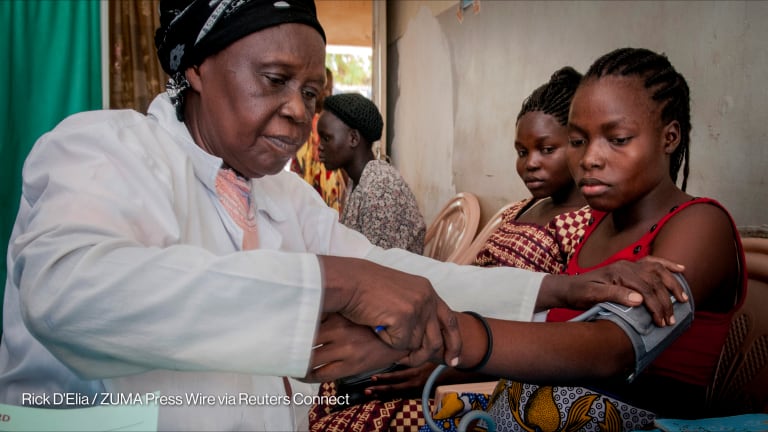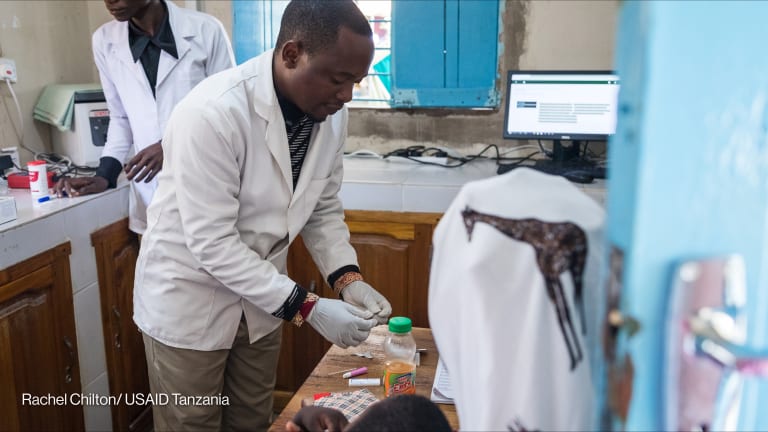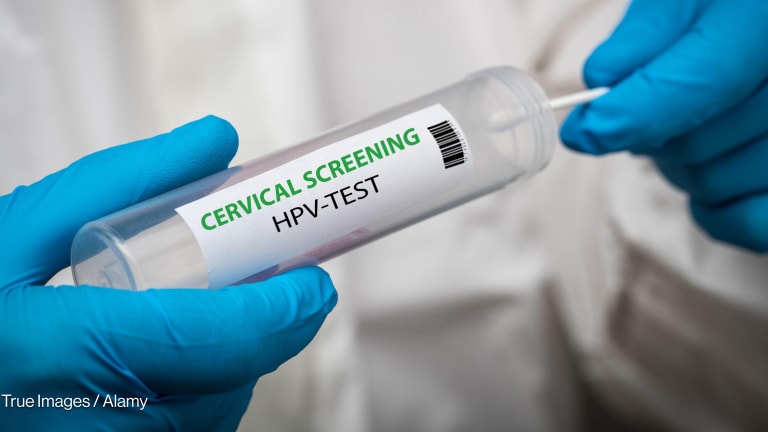While we have made strides in treating and preventing malaria, HIV, and tuberculosis, in part thanks to the Global Fund to Fight AIDS, Tuberculosis and Malaria, the rise of antimicrobial resistance, or AMR, is threatening to reverse this progress drastically. Bacterial mutation will lead to many more preventable deaths, not only across the African continent but across the world. If we don’t change our behaviours, in 10 years, many of the antibiotics we rely on today will no longer work.
The first time I encountered AMR was in the lab during my undergraduate studies. Watching through a microscope as microorganisms resisted medicines meant to destroy them was shocking. Inevitably, when treatment isn’t working, the body cannot fight these infections, and it is heartbreaking to see people dying of causes that could be treated.
In communities where access to health care is a challenge, people share antibiotics instead of completing their prescribed courses. This leaves the patient vulnerable, while building up microbial resistance in their bodies, and in those who take the remaining medication. The question often is: If I finish this medicine, what will my child take if they fall sick? Will I be able to afford another hospital visit?








